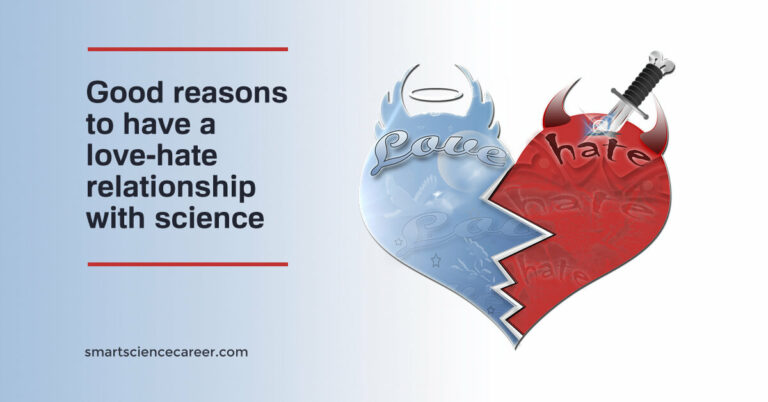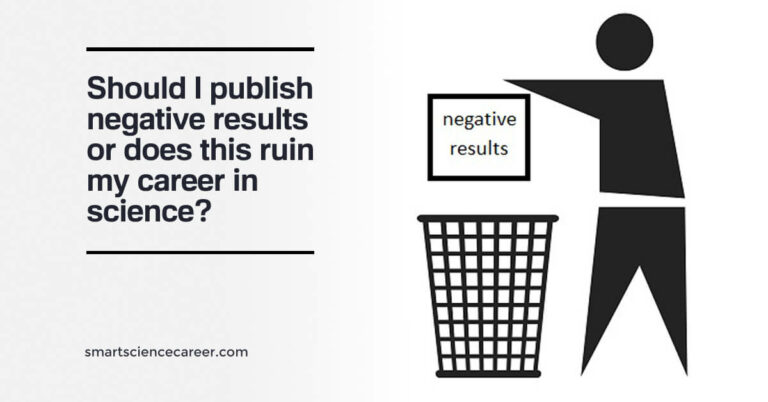Am I doing enough for my scientific career?
Many young scientists fear that they are not investing enough in their scientific career, however, it is often not clear what exactly they should do and how important different aspects are such as publications, grants, teaching, mobility, technical skills and just being a good scientist. Find some directions here.










